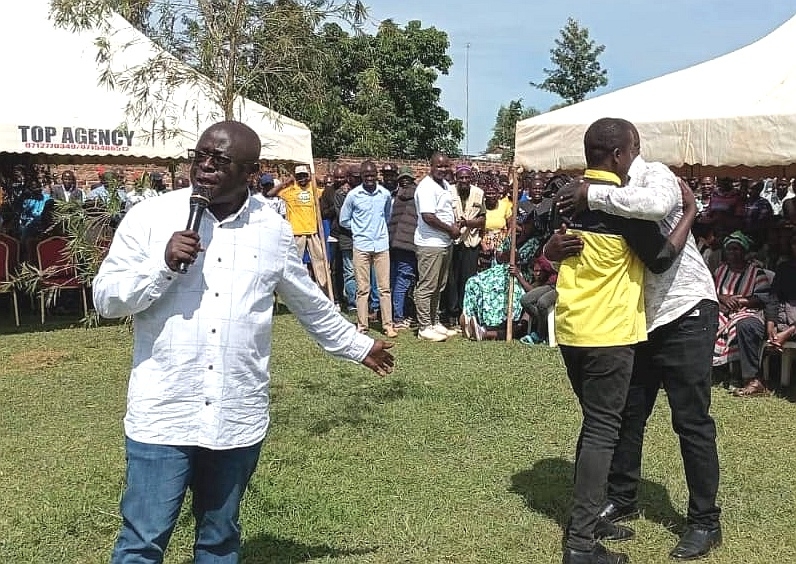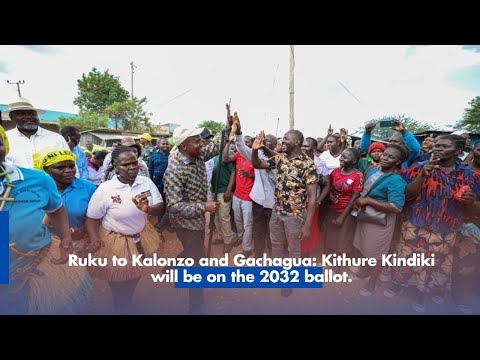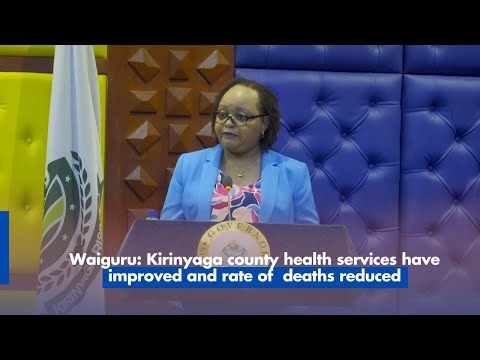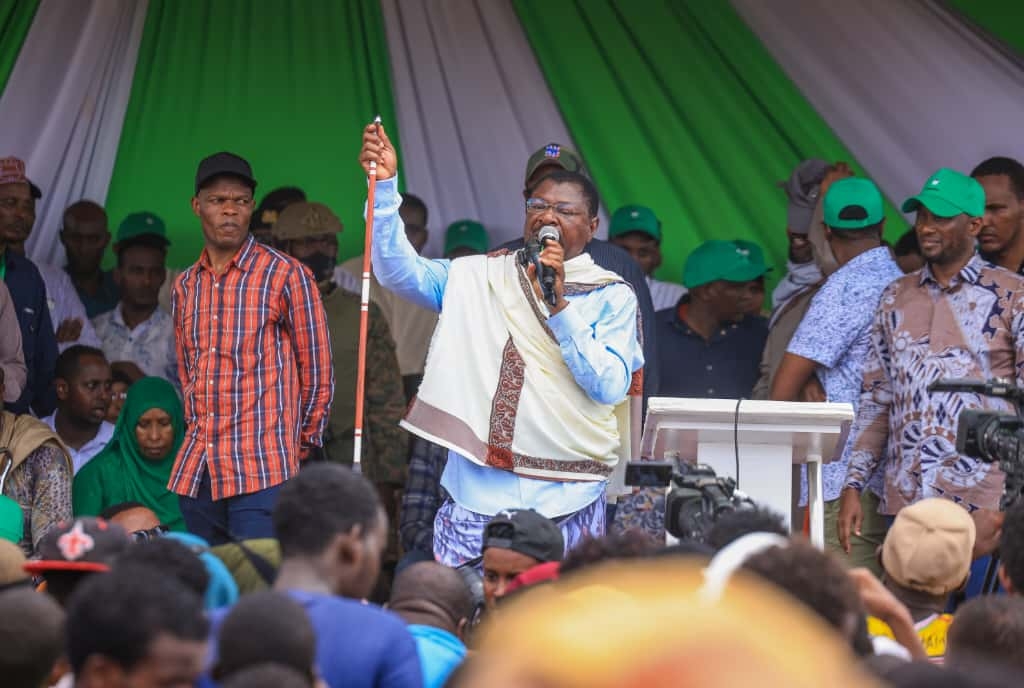
 Fafi MP Salah Yakub has a word with his Wajir West
counterpart, Yussuf Farah./STEPHEN ASTARIKO
Fafi MP Salah Yakub has a word with his Wajir West
counterpart, Yussuf Farah./STEPHEN ASTARIKO Wajir North MP Ibrahim Saney (L) with Tarbaj MP Hussein Barre/STEPHEN ASTARIKO
Wajir North MP Ibrahim Saney (L) with Tarbaj MP Hussein Barre/STEPHEN ASTARIKO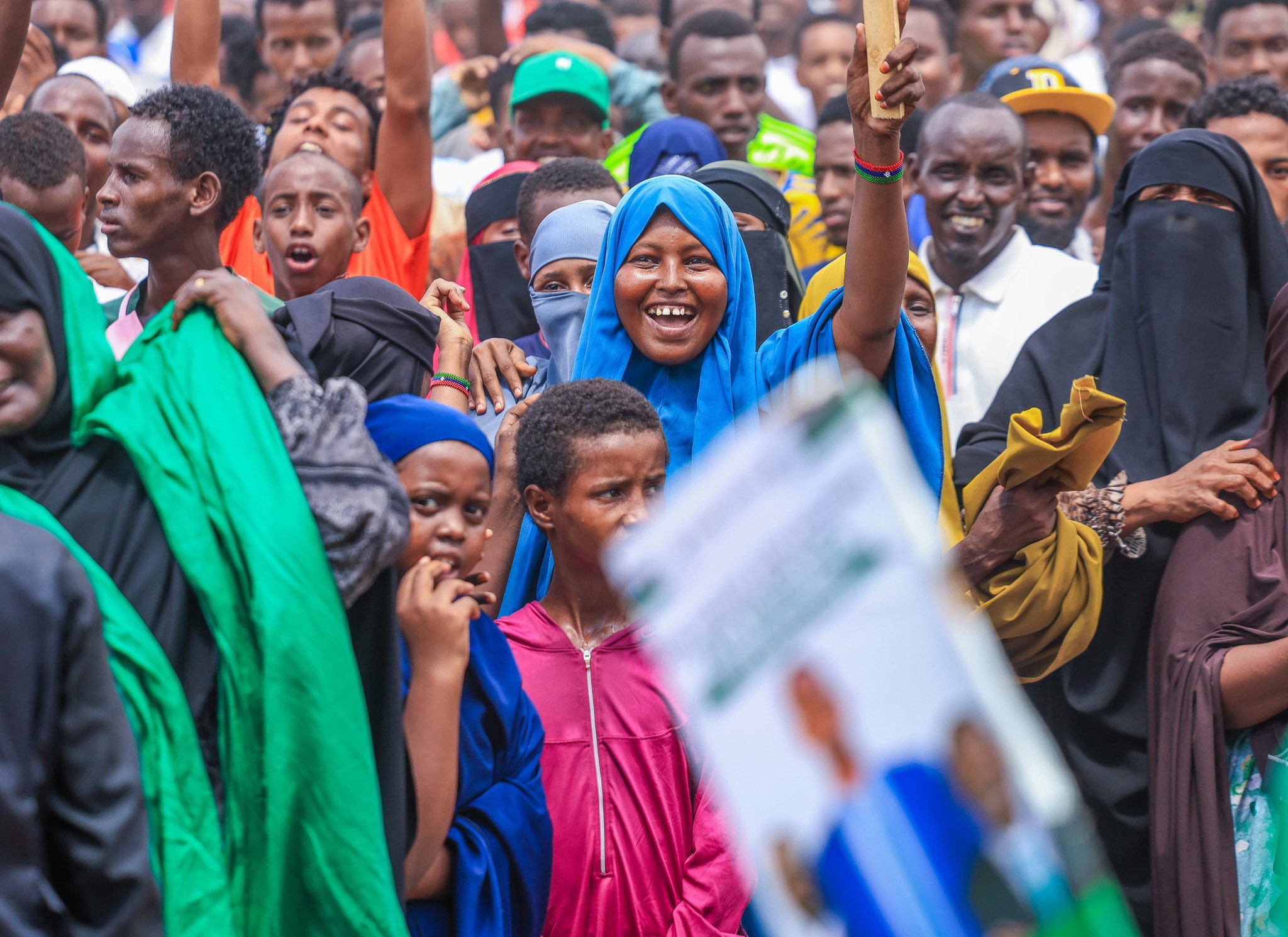
Some MPs from the Northeast are demanding urgent answers from the government over continued delays in the issuance of national identification cards.
They say that despite President William Ruto’s removal of the vetting process, many residents who applied for IDs months ago are yet to receive them.
On February 4, Ruto signed a decree eliminating vetting requirements for residents of Northeastern Kenya applying for identification documents.
This followed his April 8, 2024 announcement that vetting would be abolished from May 1, 2024.
Subsequently, on April 29, 2024, the Department of Immigration and Citizenship Services issued new guidelines for citizen registration.
Under the updated rules, Kenyans from border and cosmopolitan areas must, like all other citizens, provide proof of their name, age and citizenship through documents such as birth certificates, birth notifications, academic certificates, religious cards, clinic cards, age assessments or parents’ ID cards.
However, speaking in Hagadera, Fafi subcounty, MPs Salah Yakub (Fafi), Ibrahim Saney (Wajir North), Yussuf Farah (Wajir West), Abdikadir Mohamed (Lagdera), and former nominated MP Nasra Sahal questioned why the ID cards had not been released.
They accused officials responsible for producing and distributing IDs of sabotaging the President’s directive by failing to fast-track issuance.
Saney said there is a new hurdle referred to as “validation” in Nairobi for new applicants—something he said is foreign to the region and has resulted in zero ID production for Northern Kenya residents. He demanded to know why the process had stalled, insisting that something must be done to address the delays.
Fafi's Yakub warned that the prolonged wait is locking thousands of young people out of essential services, including education, employment opportunities and voter registration.
He urged the President to intervene, saying whoever is slowing down ID production is sabotaging not just the region but also the government’s agenda.
Tarbaj MP Hussein Barre criticised the Kenya Kwanza administration for failing to honour campaign promises made to communities in Northern Kenya.
He recalled that President Ruto had pledged to reopen border posts, deploy KRA and Kebs officials and support legal trade between Kenya and Somalia, yet none of these commitments have materialised three years later.
Barre questioned why, if Somalia is now part of the East African Community, Kenya continues to restrict cross-border trade.
He called for Somali immigration officers, alongside Kenyan officials, KRA and Kebs personnel, to be deployed at the border to facilitate transparent and legitimate business between the two nations.
Lagdera MP Abdikadir Mohamed said the delays contradict the government’s directive on eliminating barriers in the ID application process.
He said if the government is serious about removing longstanding bottlenecks, residents should not be forced to wait several months for documents that were meant to be processed faster under the no-vetting policy.
Instant analysis
The MPs’ outcry highlights deep frustration in Northern Kenya over delays that undermine President Ruto’s directive to end vetting and streamline ID issuance. Their claims of “sabotage” point to a widening trust deficit between the region and state bureaucracy. The stalled IDs have serious implications: thousands of youth remain locked out of education, jobs and voter registration, fuelling perceptions of historical marginalisation. At the same time, criticism over unfulfilled border-trade pledges adds pressure on the government to demonstrate tangible progress. Ultimately, the issue reflects a larger governance challenge—bridging policy pronouncements with real implementation on the ground.













